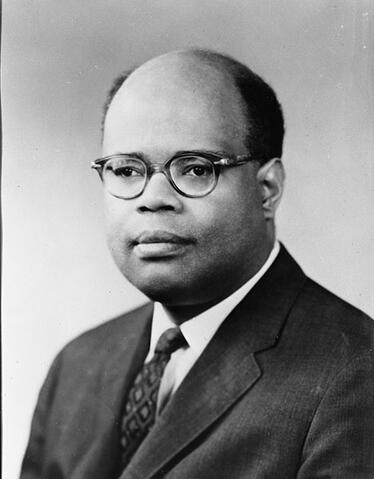
Title and statement of responsibility area
Title proper
Wilfrid B. Lewis - Portrait
General material designation
- Graphic material
Parallel title
Other title information
Title statements of responsibility
Title notes
Level of description
Item
Reference code
Edition area
Edition statement
Edition statement of responsibility
Class of material specific details area
Statement of scale (cartographic)
Statement of projection (cartographic)
Statement of coordinates (cartographic)
Statement of scale (architectural)
Issuing jurisdiction and denomination (philatelic)
Dates of creation area
Date(s)
-
October 1964 (Creation)
Physical description area
Physical description
1 negative : b&w ; 12.5 x 10 cm
Publisher's series area
Title proper of publisher's series
Parallel titles of publisher's series
Other title information of publisher's series
Statement of responsibility relating to publisher's series
Numbering within publisher's series
Note on publisher's series
Archival description area
Name of creator
Custodial history
Scope and content
Head and shoulders image of Wilfrid B. Lewis, honourary Doctor of Science degree recipient; taken possibly near time of presentation.
Bio/Historical Note: Wilfrid Bennett Lewis (1908-1987) was born in Castle Carrock, Cumberland, England. He earned a doctorate in physics at Cavendish Laboratory, University of Cambridge in 1934, and continued his research in nuclear physics there until 1939. From 1939-1946 he was with the Air Ministry, becoming Chief Superintendent of the Telecommunications Research Establishment. In 1946 he moved to Canada to become director of the division of Atomic Energy Research at the National Research Council of Canada in Chalk River, Ontario. From 1952-1963 he was Vice President, Research and Development of the Atomic Energy of Canada Limited, and was Senior Vice President, Science from 1963-1973. Starting in the mid-1940s Lewis directed the development and championed the CANDU system, with its natural uranium fuel moderated by heavy water (deuterium oxide) to control neutron flux. The CANDU has proven its value for commercial power applications, showing outstanding efficiency and safety records. AECL also became a world leader in the production of radioisotopes for medical purposes. From 1955 until 1987, he was the Canadian Representative on the United Nations Scientific Advisory Committee. From 1973 until his death in 1987, Lewis was a Distinguished Professor of Science at Queen's University.
Notes area
Physical condition
Immediate source of acquisition
Arrangement
Language of material
Script of material
Location of originals
Availability of other formats
Restrictions on access
There are no restrictions on access.
Terms governing use, reproduction, and publication
Photographer: Unknown
Copyright holder: Unknown
Other terms: Responsibility regarding questions of copyright that may arise in the use of any images is assumed by the researcher.
Finding aids
Associated materials
Accruals
Location note
Neg. Vol. 12

